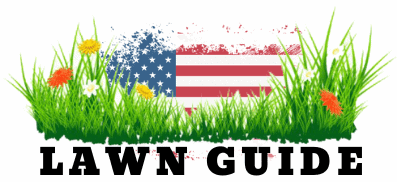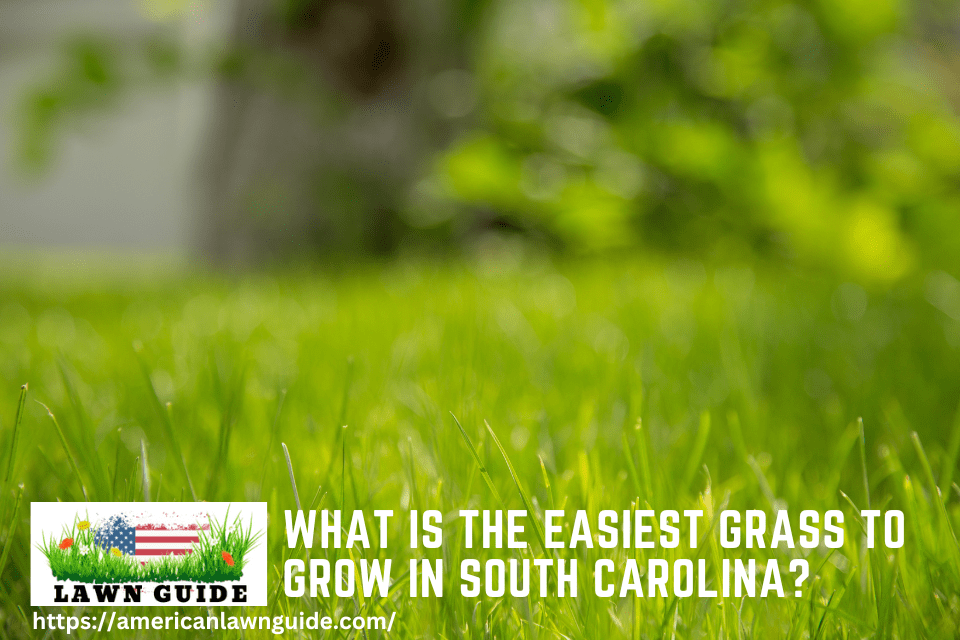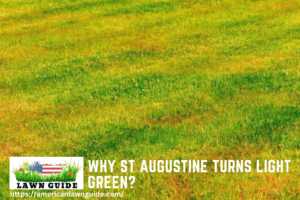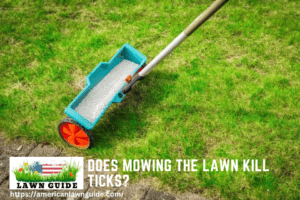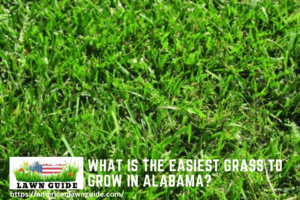Perennial ryegrass is the easiest grass to grow in South Carolina. It is a cool-season grass that can be planted in early fall or late spring. Perennial ryegrass is drought and heat tolerant, and it has a deep root system that helps it tolerate heavy traffic.
The easiest grass to grow in South Carolina is Bermuda grass. It thrives in the hot, humid summers and can tolerate some shade. It’s a durable grass that can stand up to foot traffic, making it a good choice for areas that see a lot of activity.
Bermuda grass does require regular mowing and fertilizing to look its best, but overall it’s a low-maintenance option for lawns in the Palmetto State.
Grass types in the upstate of sc
What is the Easiest Grass to Grow in SC?
There is no easy answer when it comes to the easiest grass to grow in South Carolina. With so many different types of grasses and soil conditions throughout the state, it really depends on your specific location. That being said, there are a few general tips that can help you get started.
When choosing a grass for your lawn, it is important to consider the climate in your area. In South Carolina, the climate ranges from hot and humid summers to cool winters. This means that you will need a grass that can withstand both extreme heat and cold temperatures.
Some of the most common types of grasses used in South Carolina include bermudagrass, zoysiagrass, centipedegrass and St. Augustinegrass. Bermudagrass is one of the most popular choices for lawns in South Carolina. It is a warm-season grass that thrives in hot weather and goes dormant during cooler months.
Bermudagrass is also very tolerant to drought conditions, making it a good option for areas that don’t receive a lot of rainfall. Zoysiagrass is another warm-season grass that is similar to bermudagrass in terms of its appearance and care requirements. Centipedegrass is a slower-growing option that does well in shady areas or areas with poor drainage.
St Augustinegrass is a versatile choice that can handle both sun and shade but requires more water than other options on this list. Once you’ve selected the right type of grass for your lawn, proper maintenance is key to keeping it looking its best.
What Grass Stays Green All Year in South Carolina?
There are several types of grass that stay green all year in South Carolina. The most common type is Bermuda grass, which is a warm-season grass that grows best in temperatures between 80 and 95 degrees Fahrenheit. It turns brown in cooler weather but greens up again in the spring.
Other types of grass that stay green all year include zoysia and centipede grasses. These are both cool-season grasses that do well in temperatures between 60 and 75 degrees Fahrenheit. They will go dormant and turn brown in colder weather but will green up again when the temperatures warm back up.
What Type of Grass Grows Well in South Carolina?
There are many types of grass that grow well in South Carolina. The most common type of grass is Bermuda grass, which is a warm-season grass that grows best in temperatures between 80 and 95 degrees Fahrenheit. Other types of grass that do well in South Carolina include zoysia grass, centipedegrass, and St. Augustinegrass.
All of these varieties of grasses need at least six hours of sunlight per day to thrive.
When Should I Plant Grass Seed in South Carolina?
If you want to have a green lawn in South Carolina, the best time to plant grass seed is early fall. The temperatures are cooler then and there is usually enough rain to help the new seedlings get established. You should wait until after the last mowing of the season to plant so that the grass has a chance to grow before it gets too cold.
Also, be sure to rake up any leaves or other debris from your lawn before you sow the seed.
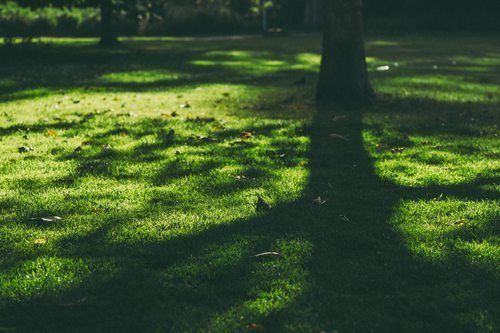
When to Plant Bermuda Grass in South Carolina?
Bermuda grass is a warm-season turfgrass that thrives in the hot, humid summers of South Carolina. It’s a popular choice for lawns, golf courses, and sports fields because it’s tough and can withstand heavy traffic. Bermuda grass is also drought-tolerant and relatively easy to care for.
If you’re thinking about planting Bermuda grass in your yard, the best time to do it is in late spring or early summer. The warmer temperatures and longer days of summer will help the grass establish itself and get off to a good start. You’ll need to prepare your soil before planting, which includes removing any existing vegetation and tilling the soil to a depth of at least 6 inches.
Once your soil is ready, you can sow the seeds or lay sod. If you’re installing sod, be sure to water it regularly during the first few weeks after installation. Once the sod has rooted down into the ground (usually within 2-3 weeks), you can begin mowing it on a regular basis.
Be sure to use a sharp mower blade to avoid damaging the grass. With proper care, Bermuda grass will provide you with a beautiful lawn that will last for many years.
Shade Tolerant Grass South Carolina
When it comes to grass, there are many different types that can be found in South Carolina. However, not all of these varieties are created equal. Some are more tolerant to shade than others, which means they will be able to survive and thrive in areas that don’t receive a lot of direct sunlight.
If you’re looking for a shade tolerant grass for your lawn or garden, here are some of the best options available in South Carolina:
Fescue Fescue is a type of grass that does well in shady areas.
It’s known for being drought-tolerant and resistant to disease, making it a low-maintenance option for those who don’t want to spend a lot of time caring for their grass. This variety is also one of the most popular choices for homeowners in South Carolina because it has a deep root system that helps it withstand extreme heat and humidity.
Zoysia
Zoysia is another good choice for those looking for a shade tolerant grass South Carolina. This variety is known for its ability to tolerate both sun and shade, as well as high traffic areas. It’s also one of the more drought-resistant options available, which makes it ideal for those who live in dryer climates.
Zoysia does require slightly more maintenance than other varieties (such as mowing every two weeks), but its overall durability makes it worth the extra effort.
Best Grass for South Carolina Upstate
When it comes to finding the best grass for your lawn in the South Carolina upstate, there are a few things you need to take into account. The first is the amount of sunlight your lawn gets. If it’s mostly shady, then you’ll want to choose a grass that does well in low light, such as fescue.
If your lawn gets a good amount of sun, then you have more options. Another important factor is how much foot traffic your lawn gets. If it’s mostly used for walking or other light activity, then a less durable grass like bermuda will do just fine.
But if you have kids or pets that play on the lawn regularly, you’ll need something tougher, like zoysia or St. Augustinegrass. Finally, consider your soil type. Different grasses do better in different types of soil – some need sandy soil while others prefer clay.
Taking a sample of your soil to a local nursery or extension office can help you determine which type of grass will do best in your yard. With all these factors in mind, here are some of the best grasses for the South Carolina upstate: Bermudagrass – This warm-season grass is one of the most popular choices for homeowners in the region due to its ability to tolerate heat and drought well.
It also has a very fine texture and grows quickly, making it ideal for busy families with little time to spare for lawn care..
Conclusion
The easiest grass to grow in South Carolina is Bermuda grass. It is a warm-season grass that thrives in the heat and humidity of the state. Bermuda grass is a hardy grass that can tolerate drought and salt, making it ideal for coastal areas.
It has a high tolerance for wear and tear, making it a good choice for lawns. Bermuda grass seed is available at most garden centers and nurseries.
